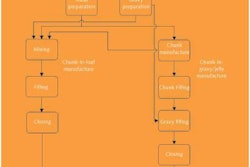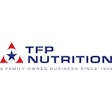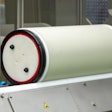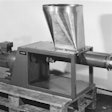How can the media and government best protect public health? They can stop spreading the fear epidemic by being careful not to sound false alarms! No such luck; fear mongers, in both media and government, are having a field day with the bird flu. Petfood manufacturer trade associations are busy explaining that there is no danger to dogs and cats from eating commercial petfood containing poultry ingredients.
Erring on the side of caution, the US Centers for Disease Control and Prevention (CDC) has offered advice to pet owners. It recommends that cat owners keep their pets indoors and not permit them to have contact with wild birds. Dogs should be leashed when outside and neither dogs nor cats should be fed raw poultry products. This disease has only been found in cats outside the US that consumed raw poultry or dead birds and one infection was recently reported in a dog, but as yet it is unconfirmed.
False alarms
Marc Siegel, MD, author of False Alarm, notes that "the greatest problem among my patients isn't bird flu; it is fear of bird flu." That's bad news, because fear causes stress, and stress is bad for your health. It increases rates of stroke, heart disease, overeating and smoking.
Why are people frightened out of proportion to the risk, which is near zero for anyone except bird handlers? One reason is the comparison to the bird flu of 1918. But a species barrier protects us from the current bird flu unless there are several more mutations to the viral DNA. Also, there are many differences between 1918 and now. Almost 100 years ago, many flu victims died of pneumonia, because modern antibiotics did not exist. There were also no flu vaccines or antiviral drugs. Furthermore, back then, the flu epidemic gained a foothold by affecting soldiers who were exhausted, packed together in trenches and lacked access to hygiene.
Lately, bird flu has been the hot topic. But, according to Siegel, "it is the current garden-variety human influenza, not bird flu, that deserves more attention. Our yearly flu kills over 30,000 people in the US and hospitalizes over 100,000. And our methods of making vaccine are needlessly antiquated."
Unrewarding production
Vaccine makers, who work on a narrow profit margin, use a chicken-egg medium to make a vaccine stock that takes anywhere from three to six months to produce. Siegel notes that, "upgrading vaccine manufacture means shifting to expensive methods based on genetic engineering; government subsidies; or changes in the laws that make vaccine production so unrewarding, may be required."
A rational policy would be to upgrade vaccine production and support global control of diseased birds. But don't hold your breath.












